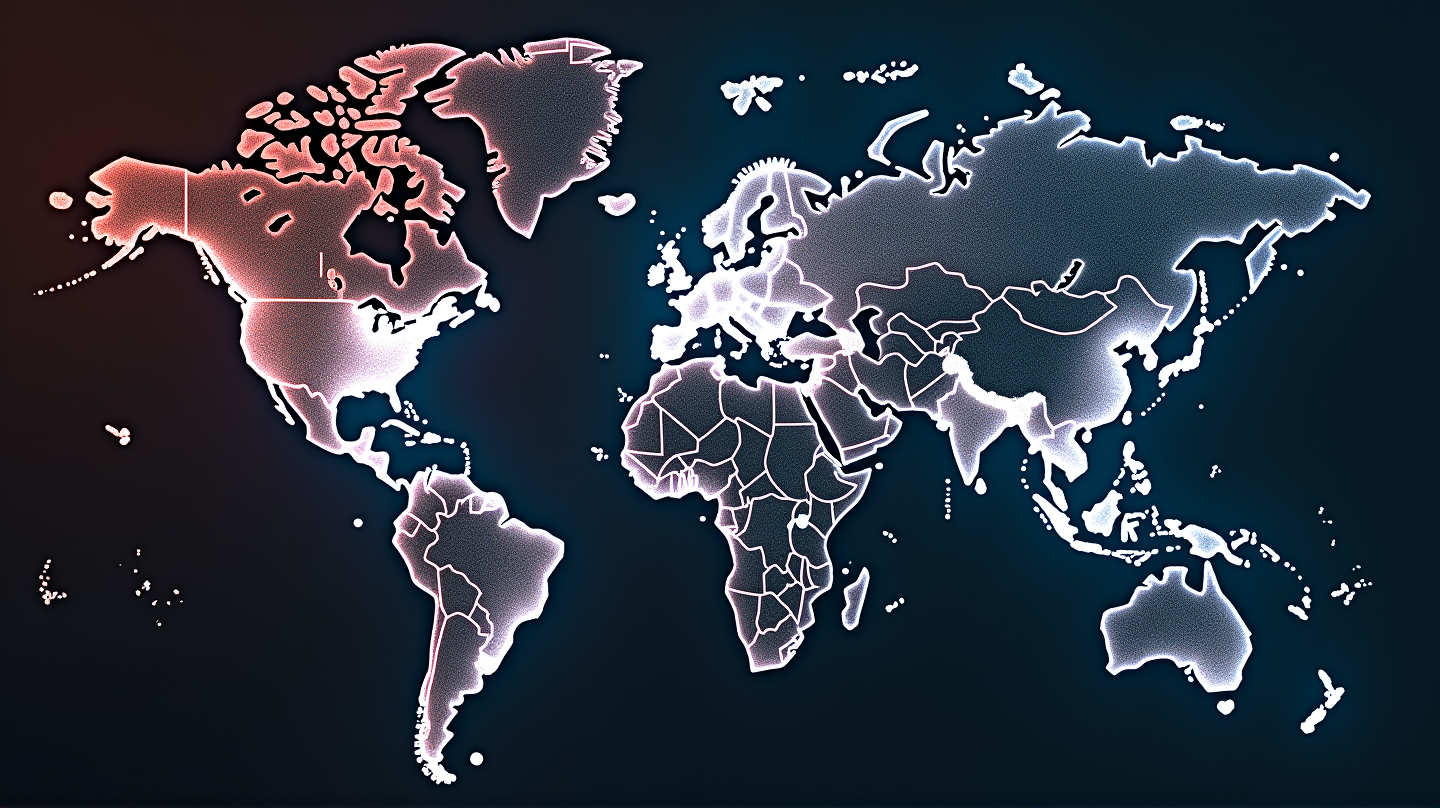AI Innovation: US Policy's Crucial Balancing Act Amid Global Rivalry
US policies must adapt swiftly to maintain AI leadership, balancing security with innovation to outpace adversaries like China.

The Urgency of Aligning Policy with Innovation
Artificial intelligence (AI) is more than just a transformative technology—it’s a gateway to altering the global power dynamics in unprecedented ways. Recently, Jensen Huang, CEO of Nvidia, emphasized a point well acknowledged by technology leaders: the need for the US government to synchronize AI policies with private sector innovation to retain its leadership. As artificial intelligence becomes a crucial pillar of global competitiveness, the US faces increasing pressure to frame policies that prevent its technological edge from benefiting adversaries, specifically in the context of burgeoning powers like China.
The Overhaul of Challenging Export Controls
One significant stride in this direction was the dismantling of Bureau of Industry and Security’s Rule 00636, a regulation that potentially posed a threat to US national security by limiting AI chip exports and harming global competitiveness. The rule, initiated during Biden’s tenure, could have stymied AI advancement by broad constraints on exporting integrated circuits beyond specific benchmarks. American AI leadership in over 150 countries, including critical NATO allies, was at stake, emphasizing that a misplaced policy could inadvertently cede technological ground to China.
The Economic Espionage Prevention Act: A Shield for American Innovation
In response to security threats, the recently passed H.R. 1486, or the Economic Espionage Prevention Act, marks a landmark step in safeguarding American innovation. The Act bolsters the nation’s ability to impose sanctions on foreign entities that threaten US technology through espionage or violate export regulations, especially concerning military and industrial assistance to countries like Russia. It modernizes legal frameworks to confront ever-changing economic threats, ensuring US firms can generate necessary capital and boost domestic manufacturing capabilities.
Envisioning a Techno-Industrial Strategy
Advocating for a techno-industrial playbook, efforts have been directed towards adjusting or replacing ill-fitted policies with frameworks that reinforce the US as the leading technology partner globally. The need for a nuanced AI diffusion strategy is vital, where controlled, yet strategic export controls align with fostering a competitive environment. According to Washington Examiner, this prevents adversaries, especially state-backed Chinese entities, from positioning themselves in market voids.
Artificial intelligence’s strategic and economic implications are profound, and as sectors evolve, so must the policies that govern them. As we stand at this crossroads, America’s role in AI and innovation is pivotal, urging cooperation across political divides to secure and extend its global influence, ensuring the nation’s values and technological prowess define the new era.

